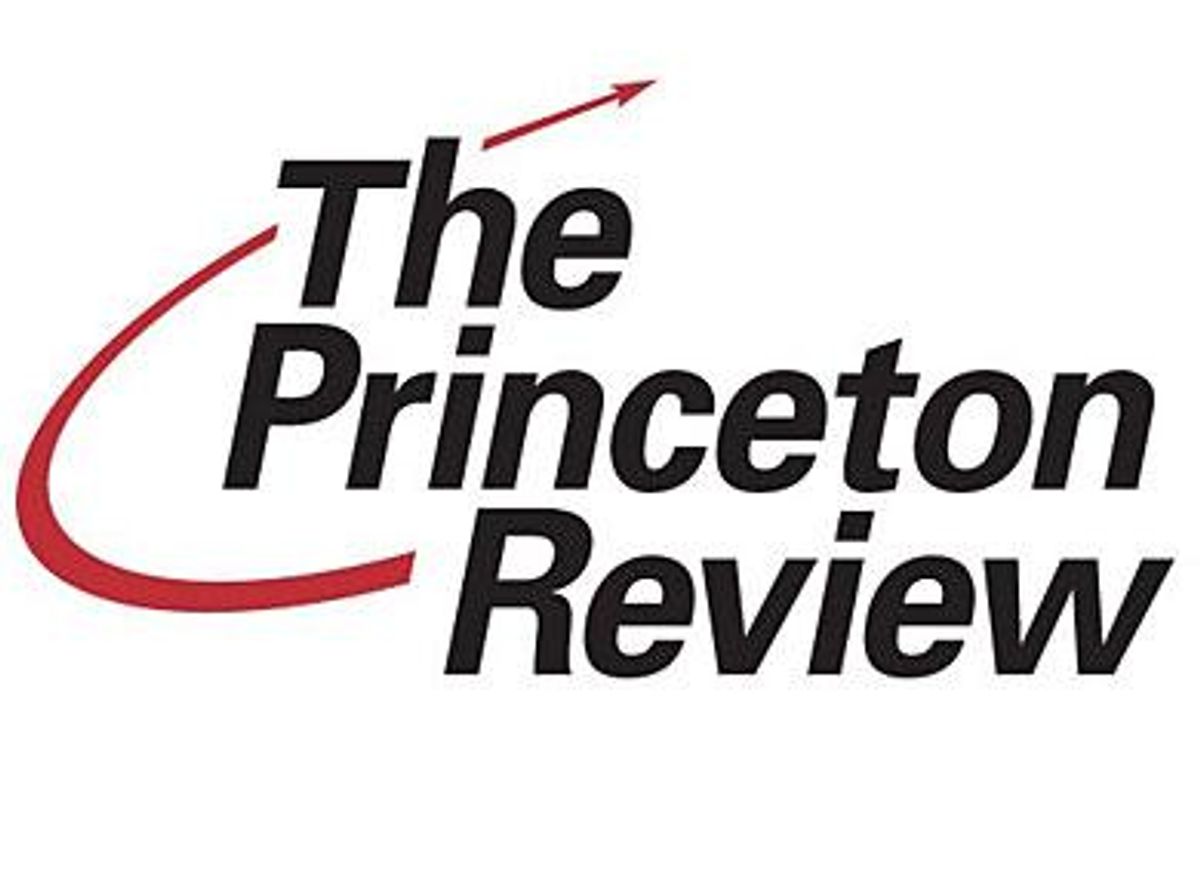
COMMENTARY: One of the nation's leading college ranking groups fails to keep actual LGBT students in mind when ranking the most gay-friendly campuses.
August 13 2009 12:00 AM EST
November 17 2015 5:28 AM EST
By continuing to use our site, you agree to our Private Policy and Terms of Use.

COMMENTARY: One of the nation's leading college ranking groups fails to keep actual LGBT students in mind when ranking the most gay-friendly campuses.
COMMENTARY: This month, the Princeton Review released the 2010 edition of its annual college guide, The Best 371 Colleges . The results are based on surveys from 122,000 students at the 371 top colleges and provides "Top 20" rankings of schools that are best for jocks, for serious students, and for those looking to party. According to the Princeton Review, the rankings aim to help students and parents answer that all-important question: "What is the best college for me?"
But for lesbian, gay, bisexual, and transgender students and their families, the Princeton Review fails as a credible resource for choosing the best college. The guide uses a simplistic and inappropriate methodology, coupled with offensive language, to determine the gay-friendliness of college campuses, making the guide an outdated effort regarding what matters most to LGBT students.
Listed in the guide are two categories for LGBT students: "Gay Community Accepted" and "Alternative Lifestyle Not an Alternative." Both lists presumably report the best and worst campuses for LGBT students.
Remarkably, the listings are based on respondents' agreement or disagreement with a single statement: "Students, faculty, and administrators treat all persons equally regardless of their sexual orientation and gender identity/expression." Of course, the majority of students responding to such a question -- irrespective of response -- will be straight. Their perceptions of equality are likely quite different from those of LGBT students. The survey and rankings also fail to provide any measurement when it comes to LGBT-inclusive policies, programs, and practices. These are key indicators to an LGBT-friendly campus environment.
The ranking, then, is at best limited, and at worst potentially dangerous. False confidence in an accepting environment can lead LGBT students to make the wrong decisions at the wrong school. Lest we forget Matthew Shepard, and more recently Angie Zapata, Sean Kennedy, and Lawrence King. Hate does not discriminate.
The language of "alternative lifestyles" is also problematic in its disregard for LGBT people. The phrase suggests that the legitimate, often painful lives of LGBT students are nothing more than an edgy fashion choice, The Princeton Review needs to update its late-'80s lexicon to recognize that LGBT existence is not a chosen alternative any more than the skin color of African-Americans is. The insensitivity to language and to the true complexity of minority lives should be a major warning sign for LGBT students and families that this guide does not have the perspective or nuance to be a trusted resource.
As the Princeton Review "Top 20" listings continue to get coverage in major media outlets nationwide, it is important that LGBT students and families recognize this as the commercial, unrefined effort that it is. As the founder and executive director of Campus Pride , the leading national nonprofit advocacy group for LGBT students and leaders, I feel morally compelled to denounce the Princeton Review's approach to its LGBT rankings. LGBT youths deserve better than its reliance on the perception of straight students, simplistic methodologies, and insensitive language when making major decisions that will impact their education, safety, and lives.
If students and families do decide to use the Princeton Review as a resource, I would encourage them to compare its rankings for LGBT schools with those available from Campus Pride's Campus Climate Index . This resource, developed with guidance from LGBT youths, higher-education professionals, and prominent LGBT researchers, provides a rigorous, accurate assessment of policies, programs, and practices. And, unlike the Princeton Review, it is free.
Viral post saying Republicans 'have two daddies now' has MAGA hot and bothered